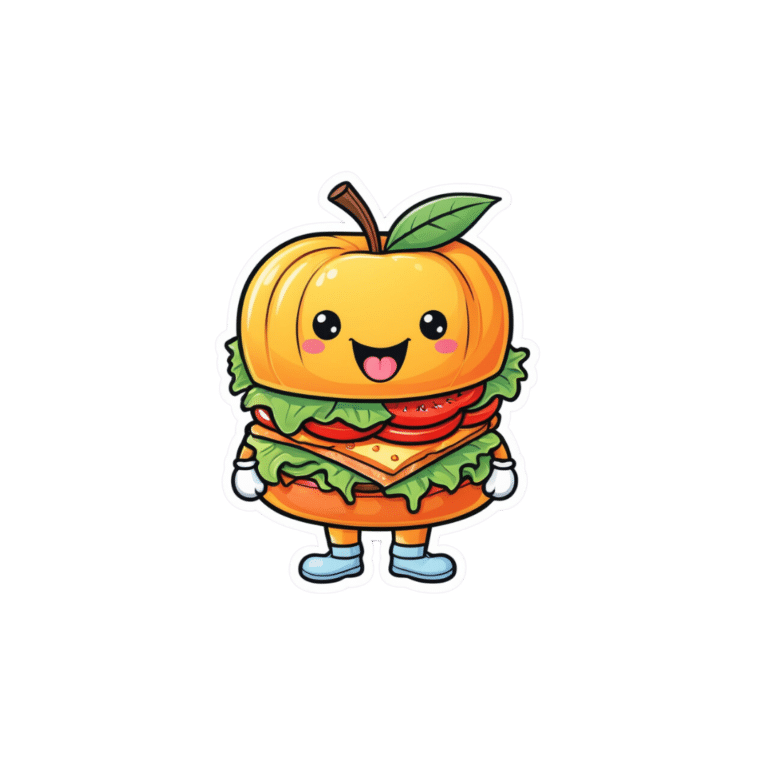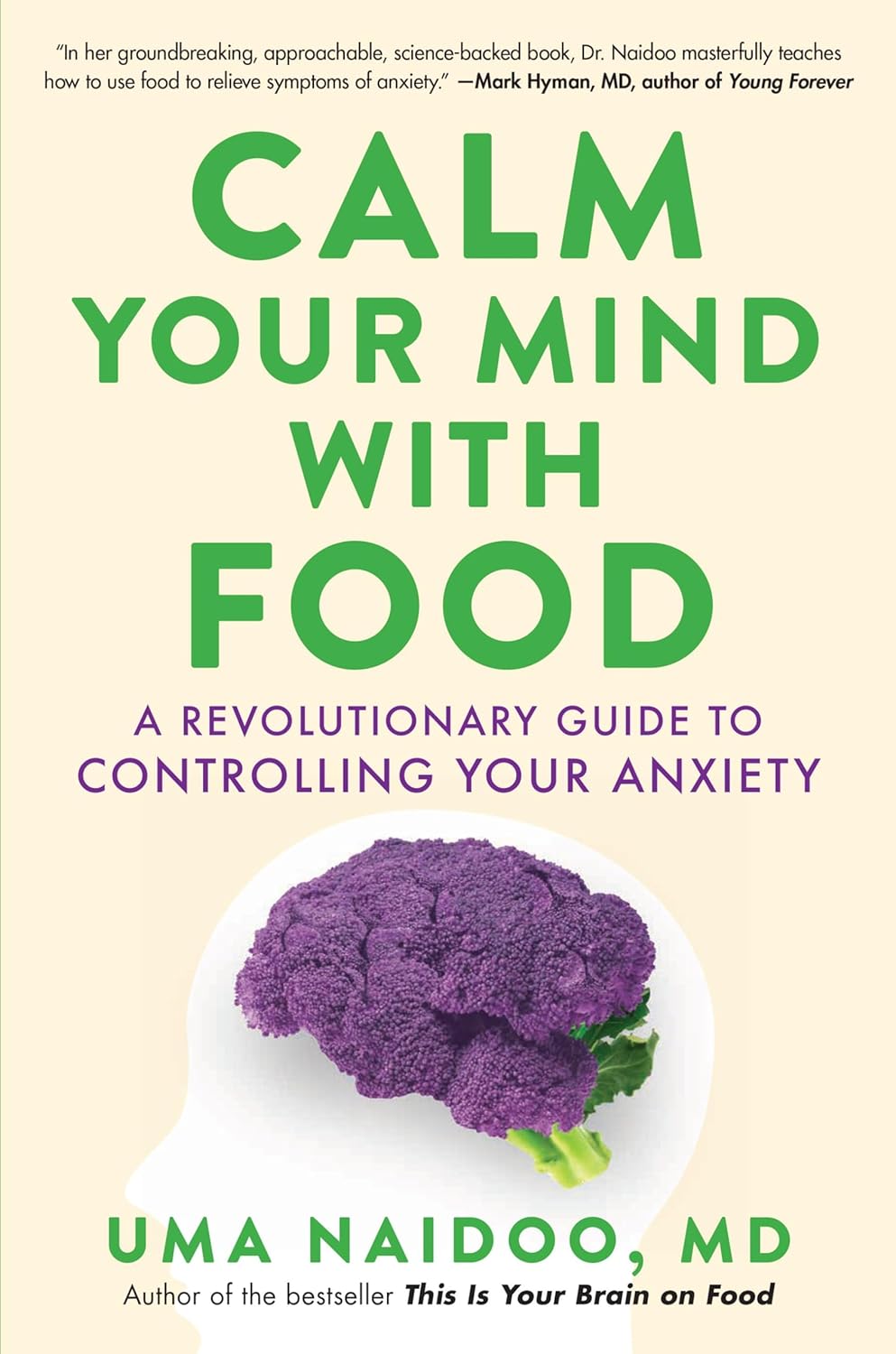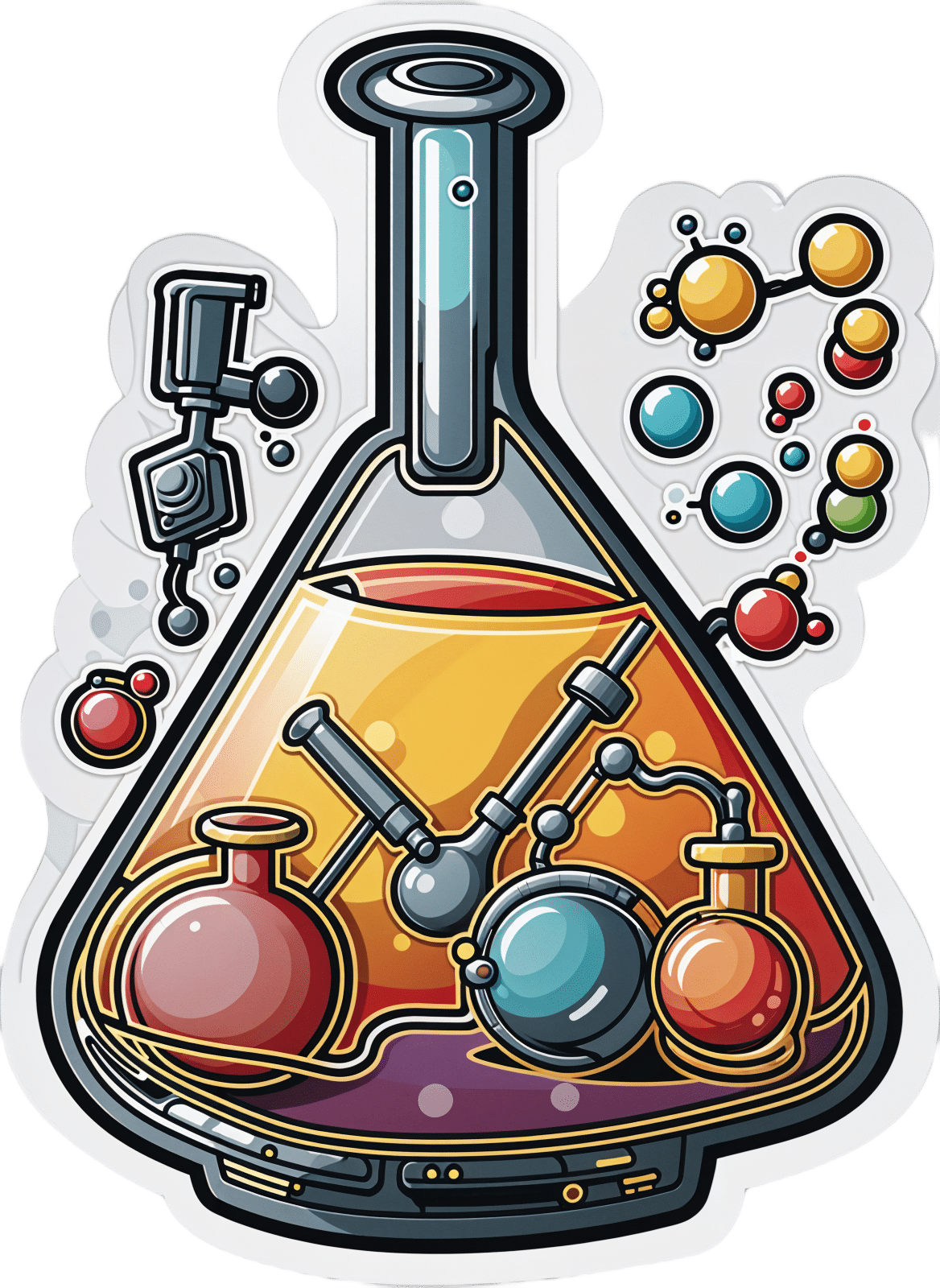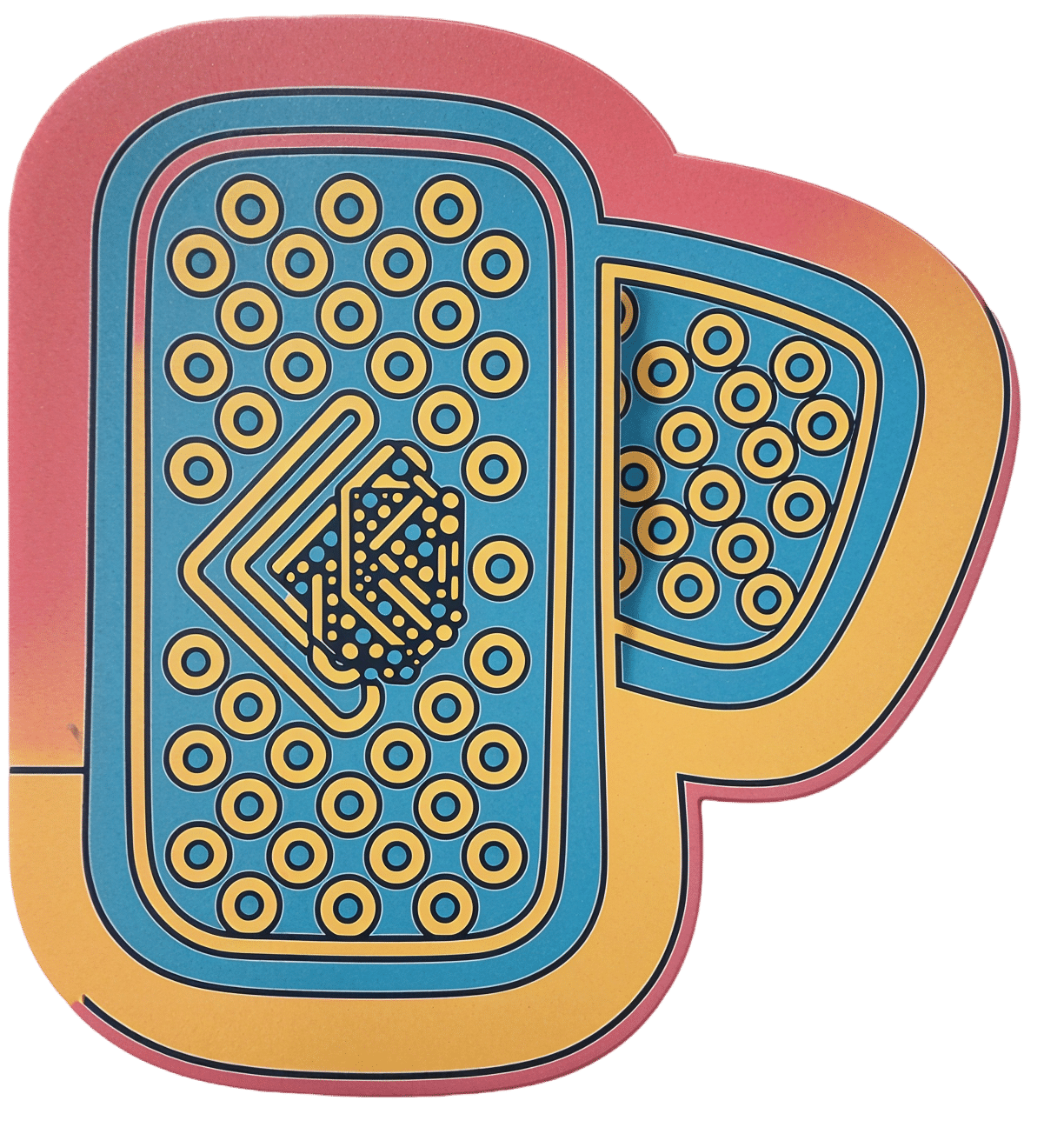
I’m iron deficient. Which supplements will work best for me and how should I take them?
10almonds is reader-supported. We may, at no cost to you, receive a portion of sales if you purchase a product through a link in this article.
Iron deficiency is common and can be debilitating. It mainly affects women. One in three premenopausal women are low in iron compared to just 5% of Australian men. Iron deficiency particularly affects teenage girls, women who do a lot of exercise and those who are pregnant.
The body needs iron to make new red blood cells, and to support energy production, the immune system and cognitive function. If you’re low, you may experience a range of symptoms including fatigue, weakness, shortness of breath, headache, irregular heartbeat and reduced concentration.
If a blood test shows you’re iron deficient, your doctor may recommend you start taking an oral iron supplement. But should you take a tablet or a liquid? With food or not? And when is the best time of day?
Here are some tips to help you work out how, when and what iron supplement to take.

How do I pick the right iron supplement?
The iron in your body is called “elemental iron”. Choosing the right oral supplement and dose will depend on how much elemental iron it has – your doctor will advise exactly how much you need.
The sweet spot is between 60-120 mg of elemental iron. Any less and the supplement won’t be effective in topping up your iron levels. Any higher and you risk gastrointestinal symptoms such as diarrhoea, cramping and stomach pain.

In Australia, iron salts are the most common oral supplements because they are cheap, effective and come in different delivery methods (tablets, capsules, liquid formulas). The iron salts you are most likely to find in your local chemist are ferrous sulfate (~20% elemental iron), ferrous gluconate (~12%) and ferrous fumarate (~33%).
These formulations all work similarly, so your choice should come down to dose and cost.
Many multivitamins may look like an iron supplement, but it’s important to note they usually have too little iron – usually less than 20 mg – to correct an iron deficiency.
Should I take tablets or liquid formulas?
Iron contained within a tablet is just as well absorbed as iron found in a liquid supplement. Choosing the right one usually comes down to personal preference.
The main difference is that liquid formulas tend to contain less iron than tablets. That means you might need to take more of the product to get the right dose, so using a liquid supplement could work out to be more expensive in the long term.
What should I eat with my iron supplement?
Research has shown you will absorb more of the iron in your supplement if you take it on an empty stomach. But this can cause more gastrointestinal issues, so might not be practical for everyone.
If you do take your supplement with meals, it’s important to think about what types of food will boost – rather than limit – iron absorption. For example, taking the supplement alongside vitamin C improves your body’s ability to absorb it.
Some supplements already contain vitamin C. Otherwise you could take the supplement along with a glass of orange juice, or other vitamin C-rich foods.

On the other hand, tea, coffee and calcium all decrease the body’s ability to absorb iron. So you should try to limit these close to the time you take your supplement.
Should I take my supplement in the morning or evening?
The best time of day to take your supplement is in the morning. The body can absorb significantly more iron earlier in the day, when concentrations of hepcidin (the main hormone that regulates iron) are at their lowest.
Exercise also affects the hormone that regulates iron. That means taking your iron supplement after exercising can limit your ability to absorb it. Taking your supplement in the hours following exercise will mean significantly poorer absorption, especially if you take it between two and five hours after you stop.
Our research has shown if you exercise every day, the best time to take your supplement is in the morning before training, or immediately after (within 30 minutes).
My supplements are upsetting my stomach. What should I do?
If you experience gastrointestinal side effects such as diarrhoea or cramps when you take iron supplements, you may want to consider taking your supplement every second day, rather than daily.
Taking a supplement every day is still the fastest way to restore your iron levels. But a recent study has shown taking the same total dose can be just as effective when it’s taken on alternate days. For example, taking a supplement every day for three months works as well as every second day for six months. This results in fewer side effects.
Oral iron supplements can be a cheap and easy way to correct an iron deficiency. But ensuring you are taking the right product, under the right conditions, is crucial for their success.
It’s also important to check your iron levels prior to commencing iron supplementation and do so only under medical advice. In large amounts, iron can be toxic, so you don’t want to be consuming additional iron if your body doesn’t need it.
If you think you may be low on iron, talk to your GP to find out your best options.
Alannah McKay, Postdoctoral Research Fellow, Sports Nutrition, Australian Catholic University
This article is republished from The Conversation under a Creative Commons license. Read the original article.
Don’t Forget…
Did you arrive here from our newsletter? Don’t forget to return to the email to continue learning!
Recommended
Learn to Age Gracefully
Join the 98k+ American women taking control of their health & aging with our 100% free (and fun!) daily emails:
-
Calm Your Mind with Food – by Dr. Uma Naidoo
10almonds is reader-supported. We may, at no cost to you, receive a portion of sales if you purchase a product through a link in this article.
From the author of This Is Your Brain On Food, the psychiatrist-chef (literally, she is a Harvard-trained psychiatrist and an award-winning chef) is back with a more specific work, this time aimed squarely at what it says in the title; how to calm your mind with food.
You may be wondering: does this mean comfort-eating? And, well, not in the sense that term’s usually used. There will be eating and comfort will occur, but the process involves an abundance of nutrients, a minimization of health-deleterious ingredients, and a “for every chemical its task” approach. In other words, very much “nutraceuticals”, as our diet.
On which note: as we’ve come to expect from Dr. Naidoo, we see a lot of hard science presented simply and clearly, with neither undue sensationalization nor unnecessary jargon. We learn about the brain, the gut, relevant biology and chemistry, and build up from understanding ingredients to dietary patterns to having a whole meal plan, complete with recipes.
You may further be wondering: how much does it add that we couldn’t get from the previous book? And the answer is, not necessarily a huge amount, especially if you’re fairly comfortable taking ideas and creating your own path forwards using them. If, on the other hand, you’re a little anxious about doing that (as someone perusing this book may well be), then Dr. Naidoo will cheerfully lead you by the hand through what you need to know and do.
Bottom line: if not being compared to her previous book, this is a great standalone book with a lot of very valuable content. However, the previous book is a tough act to follow! So… All in all we’d recommend this more to people who want to indeed “calm your mind with food”, who haven’t read the other book, as this one will be more specialized for you.
Click here to check out Calm Your Mind With Food, and do just that!
Share This Post
-
Dandelion: Time For Evidence On Its Benefits?
10almonds is reader-supported. We may, at no cost to you, receive a portion of sales if you purchase a product through a link in this article.
In recent decades often considered a weed, now enjoying a resurgence in popularity due its benefits for pollinators, this plant has longer-ago been enjoyed as salad (leaves) or as a drink (roots), and is typically considered to have diuretic and digestion-improving properties. So… Does it?
Diuretic
Probably! Because of the ubiquity of anecdotal evidence, this hasn’t been well-studied, but here’s a small (n=17) study that found that it significantly increased urination:
The diuretic effect in human subjects of an extract of Taraxacum officinale folium over a single day
You may be thinking, “you usually do better than an n=17 study” and yes we do, but there’s an amazing paucity of human research when it comes to dandelions, as you’ll see:
Digestion-improving
There’s a lot of fiber in dandelion greens and roots both, and eating unprocessed or minimally-processed plants is (with obvious exceptions, such as plants that are poisonous) invariably going to improve digestion just by virtue of the fiber content alone.
As for dandelions, the roots are rich in inulin, a great prebiotic fiber that indeed definitely helps:
Effect of inulin in the treatment of irritable bowel syndrome with constipation (Review)
When it comes to studies that are specifically about dandelions, however, we are down to animal studies, such as:
The effect of Taraxacum officinale on gastric emptying and smooth muscle motility in rodents
Note that this is not about the fiber; this is about the plant extract (so, no fiber), and how it gets the intestinal muscles to do their thing with more enthusiasm. Of course you, dear reader, are probably not a rodent, we can’t say for sure that this will have this effect in humans. However, generally speaking, what works for mammals works for mammals, so it probably indeed helps.
For liver health
More about rats and not humans, but again, it’s promising. Dandelion extract appears to protect the liver, reducing the damage in the event of induced liver failure:
In other words: the researchers poisoned the rats, and those who took dandelion extract suffered less liver damage than those who didn’t.
…and more?
It may help improve blood triglycerides and reduce ischemic stroke risk, but most of this research is still in non-human animals:
And while we’re on the topic of blood, it likely has blood-sugar-lowering effects too; once again (you guessed it), mostly non-human animal studies, though, with some in vitro studies:
The Physiological Effects of Dandelion (Taraxacum Officinale) in Type 2 Diabetes
Want to try some?
We don’t sell it, but if you have a garden, that’s a great place to grow this very easy-to-grow plant without having to worry about pesticides etc.
Alternatively, if you’d like to buy it in supplement form, here’s an example product on Amazon 😎
Enjoy!
Share This Post
-
How To Heal And Regrow Receding Gums
10almonds is reader-supported. We may, at no cost to you, receive a portion of sales if you purchase a product through a link in this article.
It’s Q&A Day at 10almonds!
Have a question or a request? You can always hit “reply” to any of our emails, or use the feedback widget at the bottom!
In cases where we’ve already covered something, we might link to what we wrote before, but will always be happy to revisit any of our topics again in the future too—there’s always more to say!
As ever: if the question/request can be answered briefly, we’ll do it here in our Q&A Thursday edition. If not, we’ll make a main feature of it shortly afterwards!
So, no question/request too big or small
❝So, I have a topic that I’d love you guys to discuss: green tea. I used to try + drink it years ago but I always got an allergic reaction to it. So the question I’d like answered is: Will I still get the same allergic reaction if I take the capsules ? Also, because it’s caffeinated, will taking it interfere with iron pills, other vitamins + meds ? I read that the health benefits of the decaffeinated tea/capsules are not as great as the caffeinated. Any info would be greatly appreciated !! Thanks much !!❞
I’ll answer this one in the first person as I’ve had a similar issue:
I found long ago that taking any kind of tea (not herbal infusions, but true teas, e.g. green tea, black tea, red tea, etc) on an empty stomach made me want to throw up. The feeling would subside within about half an hour, but I learned it was far better to circumvent it by just not taking tea on an empty stomach.
However! I take an l-theanine supplement when I wake up, to complement my morning coffee, and have never had a problem with that. Of course, my physiology is not your physiology, and this “shouldn’t” be happening to either of us in the first place, so it’s not something there’s a lot of scientific literature about, and we just have to figure out what works for us.
I’d hypothesize that the reason tea causes a problem but the supplement doesn’t, is because the reaction is not to the l-theanine, but rather to the tannins in the tea.
This last Monday I wrote (inspired in part by your query) about l-theanine supplementation, and how it doesn’t require caffeine to unlock its benefits after all, by the way. So that’s that part in order.
I can’t speak for interactions with your other supplements or medications without knowing what they are, but I’m not aware of any known issue, beyond that l-theanine will tend to give a gentler curve to the expression of some neurotransmitters. So, if for example you’re talking anything that affects that (e.g. antidepressants, antipsychotics, ADHD meds, sleepy/wakefulness meds, etc) then checking with your doctor is best.
❝Can you do something on collagen and keep use posted on pineapple, and yes love and look forward to each issue❞
Glad you’re enjoying! We did write a main feature on collagen a little while back! Here it is:
We Are Such Stuff As Fish Are Made Of
As for pineapple, there’s not a lot to keep you posted about! Pineapple’s protein-digesting, DNA-unzipping action is well-established and considered harmless (if your mouth feels weird when you eat pineapple or drink pineapple juice, this is why, by the way) because no meaningful damage was done.
For example:
- Pineapple’s bromelain action is akin to taking apart a little lego model brick by brick (easy to fix)
- Clastogenic genotoxicity is more like taking a blowtorch to the lego model (less easy to fix)
Fun fact: pineapple is good against inflammation, because of the very same enzyme!
❝I never knew anything about the l- tea. Where can I purchase it?❞
You can get it online quite easily! Here’s an example on Amazon
❝The 3 most important exercises don’t work if you can’t get on the floor. I’m 78, and have knee replacements. What about 3 best chair yoga stretches? Love your articles!❞
Here are six!
We turn the tables and ask you a question!
We’ll then talk about this tomorrow:
Share This Post
Related Posts
-
How To Heal And Regrow Receding Gums
10almonds is reader-supported. We may, at no cost to you, receive a portion of sales if you purchase a product through a link in this article.
It’s Q&A Day at 10almonds!
Have a question or a request? You can always hit “reply” to any of our emails, or use the feedback widget at the bottom!
In cases where we’ve already covered something, we might link to what we wrote before, but will always be happy to revisit any of our topics again in the future too—there’s always more to say!
As ever: if the question/request can be answered briefly, we’ll do it here in our Q&A Thursday edition. If not, we’ll make a main feature of it shortly afterwards!
So, no question/request too big or small
❝So, I have a topic that I’d love you guys to discuss: green tea. I used to try + drink it years ago but I always got an allergic reaction to it. So the question I’d like answered is: Will I still get the same allergic reaction if I take the capsules ? Also, because it’s caffeinated, will taking it interfere with iron pills, other vitamins + meds ? I read that the health benefits of the decaffeinated tea/capsules are not as great as the caffeinated. Any info would be greatly appreciated !! Thanks much !!❞
I’ll answer this one in the first person as I’ve had a similar issue:
I found long ago that taking any kind of tea (not herbal infusions, but true teas, e.g. green tea, black tea, red tea, etc) on an empty stomach made me want to throw up. The feeling would subside within about half an hour, but I learned it was far better to circumvent it by just not taking tea on an empty stomach.
However! I take an l-theanine supplement when I wake up, to complement my morning coffee, and have never had a problem with that. Of course, my physiology is not your physiology, and this “shouldn’t” be happening to either of us in the first place, so it’s not something there’s a lot of scientific literature about, and we just have to figure out what works for us.
I’d hypothesize that the reason tea causes a problem but the supplement doesn’t, is because the reaction is not to the l-theanine, but rather to the tannins in the tea.
This last Monday I wrote (inspired in part by your query) about l-theanine supplementation, and how it doesn’t require caffeine to unlock its benefits after all, by the way. So that’s that part in order.
I can’t speak for interactions with your other supplements or medications without knowing what they are, but I’m not aware of any known issue, beyond that l-theanine will tend to give a gentler curve to the expression of some neurotransmitters. So, if for example you’re talking anything that affects that (e.g. antidepressants, antipsychotics, ADHD meds, sleepy/wakefulness meds, etc) then checking with your doctor is best.
❝Can you do something on collagen and keep use posted on pineapple, and yes love and look forward to each issue❞
Glad you’re enjoying! We did write a main feature on collagen a little while back! Here it is:
We Are Such Stuff As Fish Are Made Of
As for pineapple, there’s not a lot to keep you posted about! Pineapple’s protein-digesting, DNA-unzipping action is well-established and considered harmless (if your mouth feels weird when you eat pineapple or drink pineapple juice, this is why, by the way) because no meaningful damage was done.
For example:
- Pineapple’s bromelain action is akin to taking apart a little lego model brick by brick (easy to fix)
- Clastogenic genotoxicity is more like taking a blowtorch to the lego model (less easy to fix)
Fun fact: pineapple is good against inflammation, because of the very same enzyme!
❝I never knew anything about the l- tea. Where can I purchase it?❞
You can get it online quite easily! Here’s an example on Amazon
❝The 3 most important exercises don’t work if you can’t get on the floor. I’m 78, and have knee replacements. What about 3 best chair yoga stretches? Love your articles!❞
Here are six!
We turn the tables and ask you a question!
We’ll then talk about this tomorrow:
Don’t Forget…
Did you arrive here from our newsletter? Don’t forget to return to the email to continue learning!
Learn to Age Gracefully
Join the 98k+ American women taking control of their health & aging with our 100% free (and fun!) daily emails:
-
Tips for Avoiding PFAs
10almonds is reader-supported. We may, at no cost to you, receive a portion of sales if you purchase a product through a link in this article.
It’s Q&A Day at 10almonds!
Have a question or a request? You can always hit “reply” to any of our emails, or use the feedback widget at the bottom!
In cases where we’ve already covered something, we might link to what we wrote before, but will always be happy to revisit any of our topics again in the future too—there’s always more to say!
As ever: if the question/request can be answered briefly, we’ll do it here in our Q&A Thursday edition. If not, we’ll make a main feature of it shortly afterwards!
So, no question/request too big or small
❝Hi, do you have anything helpful on avoiding PFAs?❞
PFAS, or perfluoroalkyl and polyfluoroalkyl substances, are “forever chemicals” made specifically to avoid degradation of industrial and chemical products. Which is great for providing stain and water resistance, but not so great for our bodies or the environment.
To go into all the harms they cause would take a main feature (maybe we will, one of these days), but suffice it to say, they’re not good, and range from cancer and insulin resistance to hypertension and reduced immune response.
To answer your question in a nutshell, avoiding them completely would be almost impossible, but we can reduce our exposure a lot by avoiding single-use food/drink products that have been waterproofed, e.g. paper/bamboo straws, utensils, cups, dishes, take-out containers, etc.
Also, anything advertised as “stain-resistant” that you suspect should be quite stainable by nature, is probably good to avoid too.
For more detailed information than we have room for here today, here’s a helpful overview:
Don’t Forget…
Did you arrive here from our newsletter? Don’t forget to return to the email to continue learning!
Learn to Age Gracefully
Join the 98k+ American women taking control of their health & aging with our 100% free (and fun!) daily emails:
-
Infrared-Reflecting Patches For Health?
10almonds is reader-supported. We may, at no cost to you, receive a portion of sales if you purchase a product through a link in this article.
It’s Q&A Day at 10almonds!
Have a question or a request? We love to hear from you!
In cases where we’ve already covered something, we might link to what we wrote before, but will always be happy to revisit any of our topics again in the future too—there’s always more to say!
As ever: if the question/request can be answered briefly, we’ll do it here in our Q&A Thursday edition. If not, we’ll make a main feature of it shortly afterwards!
So, no question/request too big or small
❝Hi! I’ve been reading about LifeWave patches, would you recommend them?❞
For reference first, this is talking about these: LifeWave.com
Short answer: no
Longer answer: their main premise seems to be that the patches (subscription prices seem to start from about $100–$300 per month) reflect infrared energy back into your body, making you more energized and healthy.
Fun fact: aluminum foil reflects infrared energy (which we feel as heat), by the way, and that is why space blankets (of the kind used in emergencies and by some athletes) are made shiny like that, often with aluminized mylar.
We cannot comment too closely on the rest of the presented science of their products, as it seems quite unlike anything we’re accustomed to reading, and we were not able to make a lot of sense of it.
They do cite research papers to back their claims, including research conducted by the company’s founder and published via an open journal.
Many others are independent studies conducted by often the same researchers as each other, mostly experts in acupuncture and acupressure.
For the papers we looked at, the sample sizes were very small, but the conclusions were very positive.
They were published in a variety of journals, of which we cannot claim any prior knowledge (i.e:, they were not the peer-reviewed journals from which we cite most of our sources).
Also, none were registered with ClinicalTrials.gov.
To be on the safe side, their disclaimer does advise:
❝LifeWave products are only intended to maintain or encourage a general state of health or healthy activity and are not intended to diagnose, treat, cure, mitigate, or prevent any disease or medical condition of the body❞
They do have a Frequently Asked Questions page, which tells about ancient Egyptian use of colored glass, as well as more modern considerations including joining, ordering, their commissions system, binary commissions and matching bonuses, and “how to rank up in LifeWave” as well as a lot of information about subscribing as a preferred customer or a brand partner, opting in to their multi-level marketing opportunities.
Here’s what “Honest Brand Reviews” had to say:
Honest Brand Reviews | LifeWave Review
Our position:
We cannot honestly claim to understand their science, and thus naturally won’t actively recommend what we can’t speak for.
An expert’s position:
Since we couldn’t understand how this would work, here’s what Dr. Paul Knoepfler has to say about their flagship product, the LifeWave X39 patch:
LifeWave X39 stem cell patch story has holes
Take care!
Don’t Forget…
Did you arrive here from our newsletter? Don’t forget to return to the email to continue learning!
Learn to Age Gracefully
Join the 98k+ American women taking control of their health & aging with our 100% free (and fun!) daily emails:






